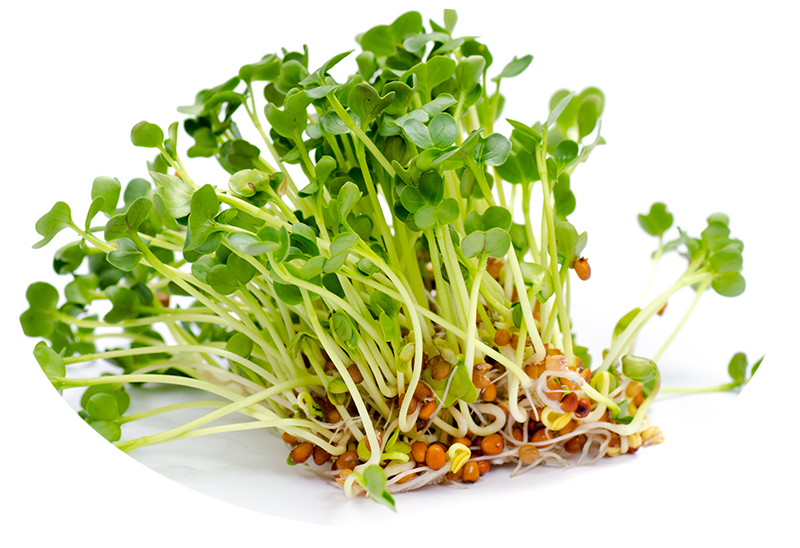
What is Alfalfa Leaf
There are many benefits to consuming alfalfa. Alfalfa, scientifically known as Medicago sativa, is a perennial flowering plant in the legume family. It’s commonly recognized for its long history as a livestock fodder due to its rich minerals and high protein content. However, the leaves of the alfalfa plant have also been harvested by humans for their potential health benefits. Alfalfa’s vibrant green leaves contain vitamins, including A, C, E, and K4, and minerals like calcium, potassium, phosphorus, and iron. The plant also boasts a variety of bioactive compounds, including antioxidants and phytoestrogens.
Alfalfa Leaf Benefits
Historically, alfalfa has been a staple in herbal medicine, with its origins traced back to ancient Iran. It was traditionally used to treat conditions ranging from kidney stones and gastrointestinal disorders to arthritis and diabetes. The alfalfa leaf, in particular, has been a common remedy in Chinese medicine for centuries, often used to promote appetite and relieve ulcers. In the Middle Ages, alfalfa made its way into European folk medicine, and it was used as a cure for various ailments, including water retention and jaundice.
What Are the Ways You Can Consume Alfalfa Leaf
Alfalfa leaves can be consumed in several forms. Fresh leaves can be added to salads or sandwiches for a nutritious crunch. For a more concentrated dose, alfalfa supplements are available in tablet or capsule form. However, one of the most relaxing and enjoyable ways to consume alfalfa is by brewing it into a tea. Alfalfa leaf tea is made by steeping dried alfalfa leaves in hot water, which can be enjoyed hot or cold. This method of consumption not only imparts the health benefits of the leaf but also offers a moment of tranquility during your day.
Who Should Not Eat Products With Alfalfa
While alfalfa is generally considered safe for most people, there are certain groups who should exercise caution. Due to its high content of vitamin K, which is involved in blood clotting, individuals taking blood thinners should avoid alfalfa products. Pregnant and nursing women should also steer clear of alfalfa supplements as they contain phytoestrogens, which may affect hormone levels. Additionally, people with autoimmune diseases should consult with a healthcare provider before consuming alfalfa, as it can stimulate the immune system.
Conclusion
Alfalfa leaves are more than just fodder for farm animals; they are a nutrient-dense superfood for humans as well. With its historical roots in traditional medicine and a variety of ways to be consumed, it is an accessible supplement for those looking to enhance their diet. However, as with any herbal remedy, it’s crucial to recognize that alfalfa may not be suitable for everyone. Always consult with a healthcare professional before integrating new supplements into your regimen to ensure they align with your health needs.

Use Coupon Code: FREE
*Sorry, coupons can't be combined.